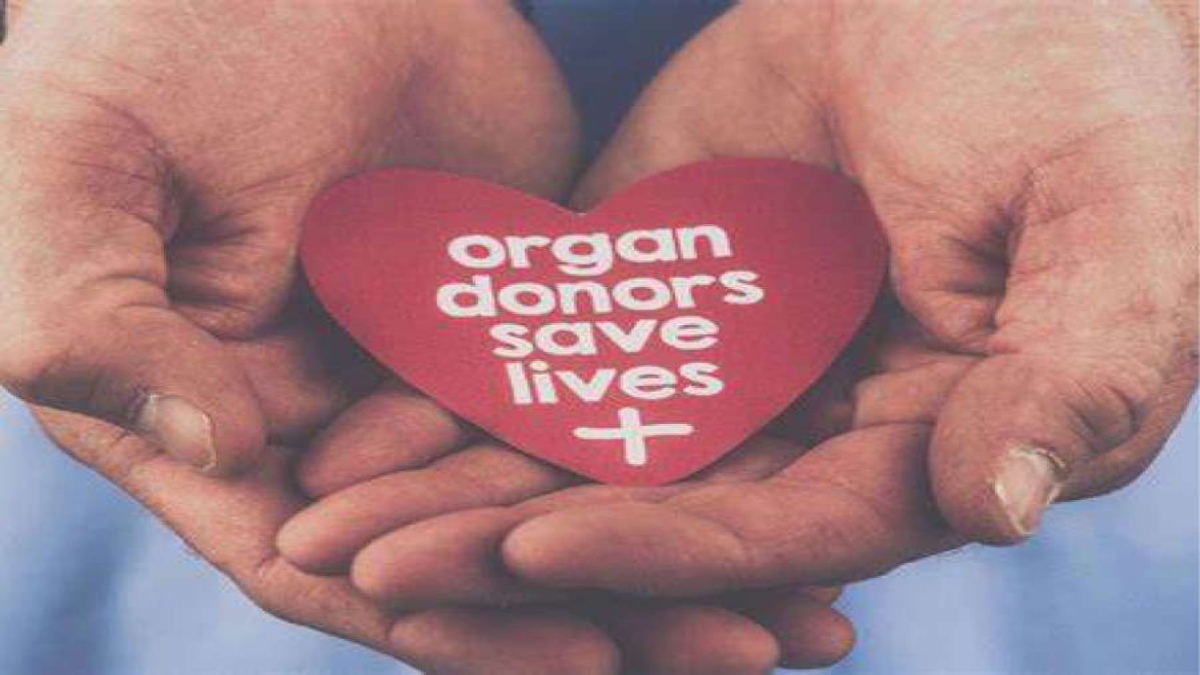


Organ transplant has the potential of saving millions of lives. It is a noble cause yet the gap in the number of organs required with those available is increasing with every passing day. A number of causes can be attributed to this sorry state of affairs – social, economic, cultural, religious, and so on. One prominent cause happens to be the current legal framework governing organ donation, especially for cadaver donation.
The legally prescribed procedures should be made easier to implement. The duty and responsibility to complete the procedural formalities must be shifted completely to either the authorities or the hospitals with doctors having no role to play.
India has two definitions of death, one that is applicable when consent is given for organ donation and another for all other deaths. A person can be certified and declared as ‘Brain-stem dead’ (BSD) only if consent is given to donate organs and not otherwise. In case the consent is withdrawn before the organs are harvested, a scenario that happens in every other case, the medically dead becomes legally alive. A uniform definition of death is, therefore, the need of the hour. This will not only help organ donation but will also facilitate in freeing ventilators from patients who are otherwise medically dead, especially in government hospitals.
A critical and incompetent patient whose relatives disagree amongst themselves on the treatment preferences is a common dilemma faced by doctors. The list of relatives for surrogate decision making for organ donation has been prescribed but the need is to clearly lay down the order of preference, and related procedures and processes.
Another area of improvement is regarding patients who are termed as ‘medico-legal cases’, the ones who are victims of a crime or accident. On death, their bodies are routinely referred for postmortem. Although the current law does prescribe preferential treatment in case of organ donation, the time taken to hand over the body and the trouble of transporting the body from the retrieval centre to the postmortem centre becomes a stumbling block. Permitting postmortems at the retrieval centre could very well address this problem. There is some confusion on whether the police must be merely informed, or their permission is required for retrieving organs and this needs clarifications at the earliest.
The current law has specific provisions for donating organs from unclaimed bodies in hospitals and prisons but there has been no donation till date from this category. Rules, regulations, and procedures have to be more specific and detailed in this regard.
The other legal issues that are minor in nature but are nevertheless important are: Brain-stem Death Certificate issued by the Board of Medical Experts certifying Brain-stem Death in Form 10 of the Rules should be accepted as the ‘Death Certificate’ of that person for all purposes and intent; a more robust and strong procedure must be specified to identify and diagnose patients who are Brain-stem dead; other ancillary tests for determining Brain-stem Death when apnea test is not possible should be made legally permissible; and appropriate rules, regulations and/or guidelines on Donation after Cardiocirculatory / Cardiopulmonary Death (DCD) should be framed and notified. These few changes which are minor in nature will go a long way in promoting and increasing organ donation in India.
The writer is Advocate, Supreme Court of India and Hon. Director, Institute of Medicine & Law.